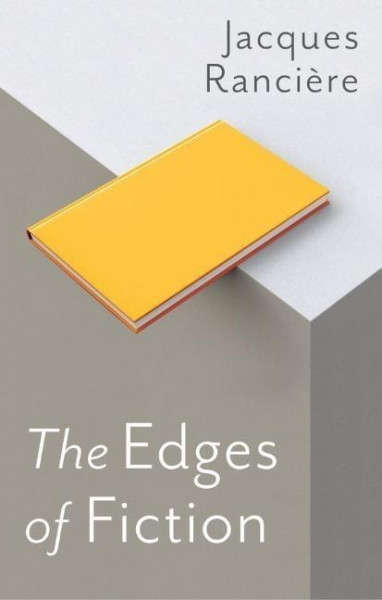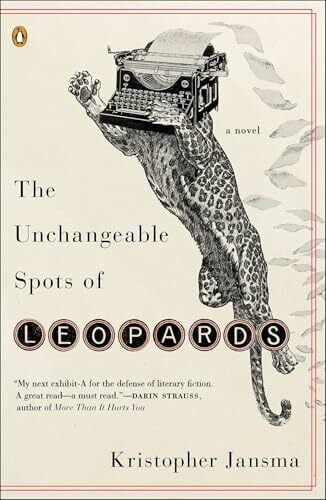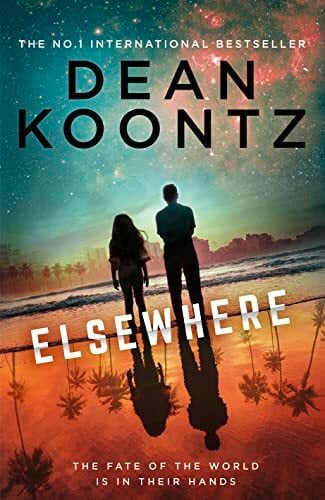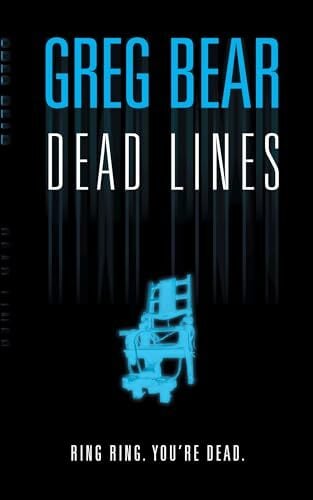
The Edges of Fiction
Kurzinformation
inkl. MwSt. Versandinformationen
Artikel zZt. nicht lieferbar
Artikel zZt. nicht lieferbar

Beschreibung
What distinguishes fiction from ordinary experience is not a lack of reality but a surfeit of rationality - this was the thesis of Aristotle's Poetics. The rationality of fiction is that appearances are inverted. Fiction overturns the ordinary course of events that occur one after the other, aiming to show how the unexpected arises, happiness transforms into unhappiness and ignorance into knowledge. In the modern age, argues Rancière, this fictional rationality was developed in new ways. The social sciences extended the model of causal linkage to all spheres of human action, seeking to show us how causes produce their effects by inverting appearances and expectations. Literature took the opposite path. Instead of democratizing fictional rationality to include all human activity in the world of rational knowledge, it destroyed its principles by abolishing the limits that circumscribed a reality peculiar to fiction. It aligned itself with the rhythms of everyday life and plumbed the power of the "random moment" into which an entire life is condensed. In the avowed fictions of literature as well as in the unavowed fictions of politics, social science or journalism, the central question is the same: how to construct the perceptible forms of a shared world. From Stendhal to João Guimarães Rosa and from Marx to Sebald, via Balzac, Poe, Maupassant, Proust, Rilke, Conrad, Auerbach, Faulkner and some others, this book explores these constructions and sheds new light on the constitutive movement of modern fiction, the movement that shifted its centre of gravity from its traditional core toward those edges in which fiction gets confronted with its possible revocation. von Ranciere, Jacques;
Produktdetails

So garantieren wir Dir zu jeder Zeit Premiumqualität.
Über den Autor

- paperback
- 320 Seiten
- Erschienen 1994
- Principato

- paperback
- 275 Seiten
- Erschienen 2008
- TWO DOLLAR RADIO

- paperback
- 352 Seiten
- Erschienen 2025
- Orbit

- mass_market
- 352 Seiten
- Erschienen 2017
- Titan Books

- paperback
- 526 Seiten
- Erschienen 2023
- Roca

- audioCD -
- Erschienen 2016
- BLACKSTONE PUB

- paperback
- 163 Seiten
- Erschienen 2023
- W W NORTON

- Kartoniert
- 622 Seiten
- Erschienen 2014
- Heyne Verlag

- paperback
- 380 Seiten
- Erschienen 2019
- LIGHTNING SOURCE INC

- paperback
- 514 Seiten
- Erschienen 2018
- Tor Books



































